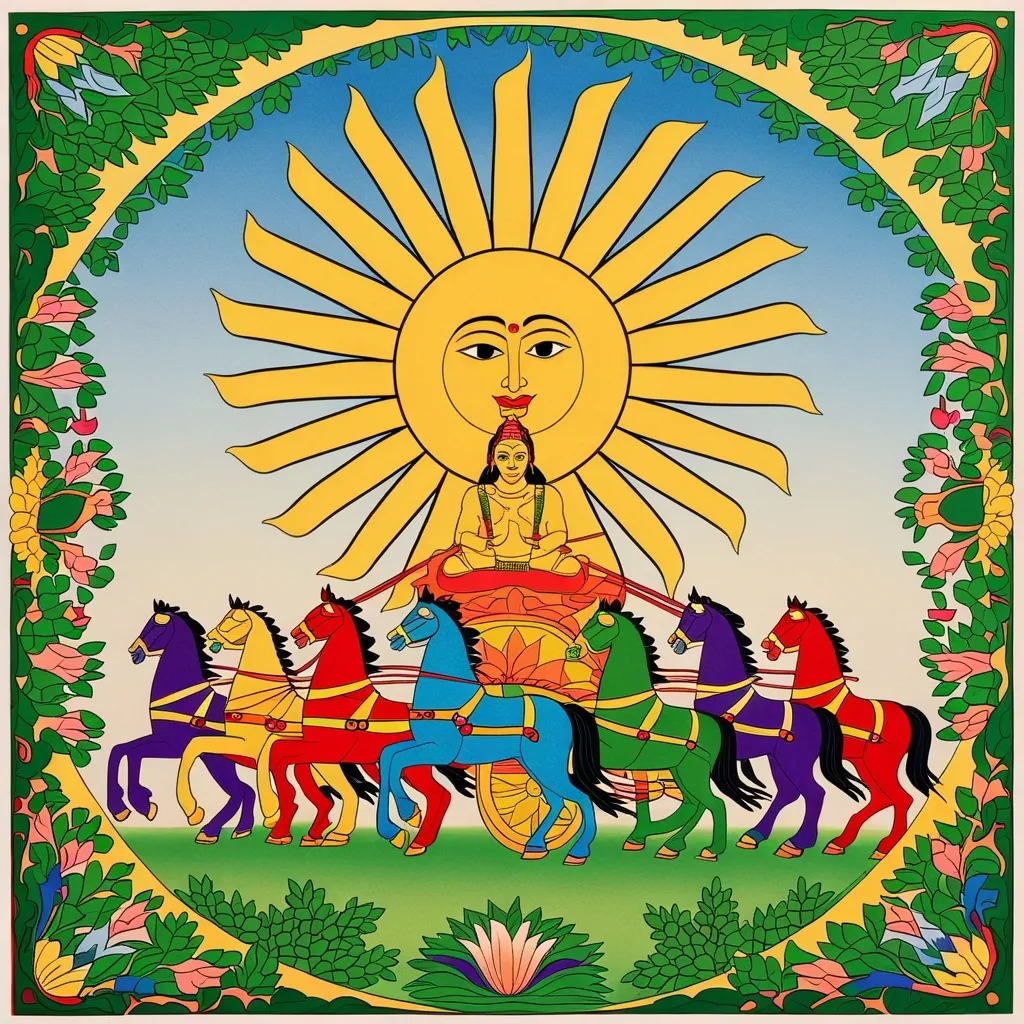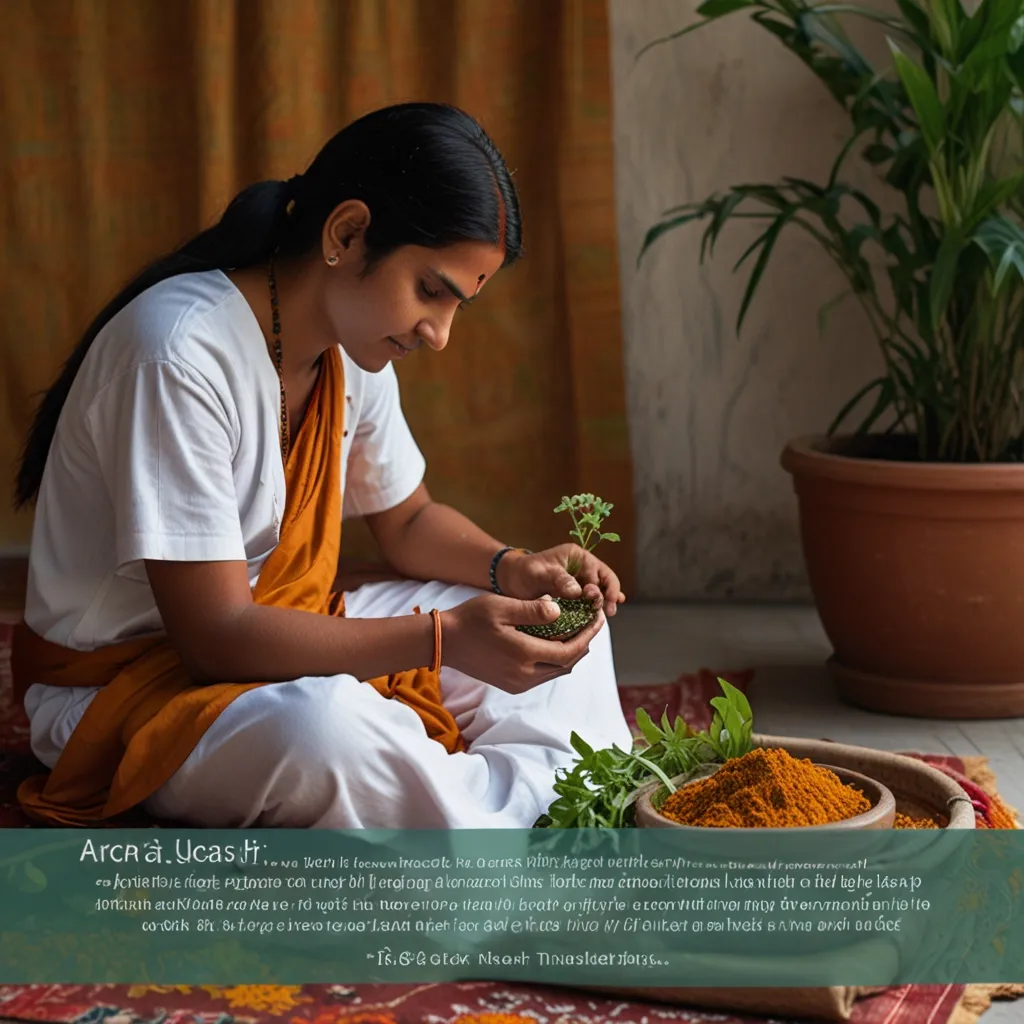The Vedas are ancient and sacred texts in Hinduism, written in Vedic Sanskrit by ancient peoples in northwest India around the 2nd millennium BCE. These texts, passed down orally at first, are a mix of poems, hymns, prayers, and formulas. There are four main Vedas: Rigveda, Samaveda, Yajurveda, and Atharvaveda.
The Rigveda is the oldest and the most important. It’s packed with 1,028 hymns across 10 books. These hymns honor gods like Agni (fire), Surya (the Sun), Ushas (dawn), and Indra (storms). Apart from praises, it dives into philosophical chit-chats and virtues like charity. The vibes were key during rituals and sacrifices, especially linked to the soma ritual.
Samaveda is all about melodies and chants. It grabs hymns from the Rigveda but lines them up differently for public worship chants. The focus here is on the musical essence of Vedic worship. It includes 1,812 verses, mostly borrowed from the Rigveda.
Yajurveda is the prayer book, loaded with instructions for rituals and sacrifices. It’s split into two sections: White Yajurveda and Black Yajurveda. The White version has prose commentary on performing sacrifices, while the Black version mixes prose and verse. It’s the go-to text for priests managing rituals and sacrifices.
Atharvaveda dives into magic and charms. It’s a collection of spells and incantations for protection, curing diseases, and fighting off enemies. Covering daily rituals and some medical tips, it includes 730 hymns and over 6,000 mantras, making it quite versatile.
Each Veda is divided into four parts: Samhitas, Brahmanas, Aranyakas, and Upanishads. Samhitas are collections of hymns and mantras. Brahmanas are ritual and sacrifice commentaries with detailed instructions. Aranyakas discuss rituals and ceremonies, often practiced in forests. Upanishads focus on philosophical discussions on meditation, spiritual knowledge, and ultimate reality.
The Vedas are considered Shruti, meaning “what is heard.” They are believed to be divine revelations heard by ancient sages during meditation. These scriptures have been preserved orally for centuries with precise intonations passed down generations. They lay the foundation of Hindu philosophy and religious practices, shaping the evolution of Hinduism over time.
To sum it up, Rigveda, Samaveda, Yajurveda, and Atharvaveda each bring unique elements to Hindu scripture. These texts, filled with hymns, prayers, rituals, and philosophical musings, have deeply influenced and continue to shape Hinduism today.






